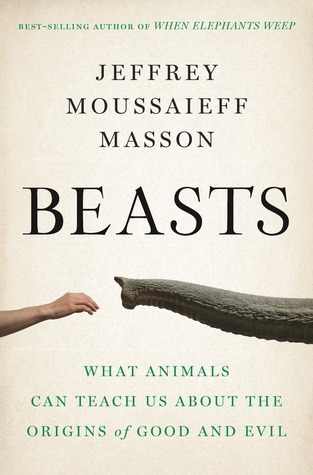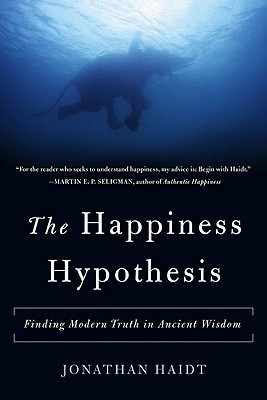
Moral Tribes: Emotion, Reason, and the Gap Between Us and Them
Book Description
What drives us apart, and what can unite us? In "Moral Tribes," Joshua D. Greene takes readers on a riveting journey through the clash of emotion and reason in our increasingly polarized world. He unravels the tangled threads of our moral intuitions, exposing the inner workings of human conflict and the urgent need for a shared ethical framework. Through gripping examples and thought-provoking insights, Greene illuminates how tribal instincts can lead to devastating consequences, while also offering paths to understanding and cooperation. Can we bridge the deep chasms between "us" and "them," or are we doomed to remain divided?
Quick Book Summary
"Moral Tribes: Emotion, Reason, and the Gap Between Us and Them" by Joshua D. Greene explores the psychological and philosophical underpinnings of moral conflict in the modern world. Drawing from neuroscience, psychology, and ethics, Greene explains that human morality evolved to address problems within groups—a mechanism that often falters when relating to outgroups. Our intuitive instincts can foster compassion within, but also fuel tribalism and intergroup conflict. However, Greene posits that reason and utilitarian thinking provide the tools needed to bridge these divides. By understanding the limitations of our moral instincts and utilizing conscious deliberation, society can construct a common ethical framework to overcome polarization and find shared solutions for complex, pluralistic societies.
Summary of Key Ideas
Table of Contents
The Dual Nature of Moral Thinking
Joshua Greene begins by examining the dual nature of human moral thinking: our brains operate with both fast, automatic emotional responses and slower, more deliberative reasoning. Drawing on neuroscience research, he reveals how these two systems often conflict, especially when moral dilemmas demand more than our immediate intuitions can provide. Greene uses classic thought experiments, such as the trolley problem, to illustrate how emotional and rational circuits fire in different types of moral choices.
The Tribal Origins of Morality
The book delves into the evolutionary origins of morality, arguing that our moral instincts were shaped to resolve conflicts and maintain cooperation within groups or "tribes." However, the built-in parochialism of these instincts means they can lead to bias, discrimination, and conflict when different communities interact. Greene warns that what binds "us" together can drive wedges between "us" and "them," making tribal instincts ill-suited for the challenges of a globalized world.
The Limits of Intuition and Emotion
Greene critiques the limits of relying on intuition and emotion to solve complex moral questions. While our gut feelings often guide us well in close-knit social settings, they may mislead us in a pluralistic, interconnected society. Emotional responses can be powerful but are susceptible to distortion by group identity, leading to polarization and misunderstanding. Greene argues that trust in intuition alone perpetuates division rather than progress.
Utilitarianism as a Common Ground
The book advocates for utilitarianism, specifically a "deep pragmatism" grounded in maximizing overall happiness and reducing suffering, as a universal framework for bridging cultural and moral divides. Greene suggests that reasoned deliberation—balancing interests and empathizing with diverse perspectives—provides the best hope for arriving at fair solutions. He addresses critiques of utilitarianism, asserting that its principles can accommodate moral pluralism and offer practical guidance for policy and interpersonal disputes.
Bridging Divides Through Reason
In the final sections, Greene calls for cultivating moral humility, empathy, and self-awareness to overcome our cognitive biases and emotional limitations. He urges readers to recognize the psychological realities behind moral conflict and to apply rational thinking as a unifying force. By embracing a common ethical framework and fostering dialogue across divisions, Greene believes humanity can move beyond tribalism toward cooperative solutions to shared global challenges.
Download This Summary
Get a free PDF of this summary instantly — no email required.





